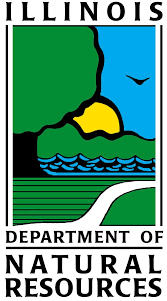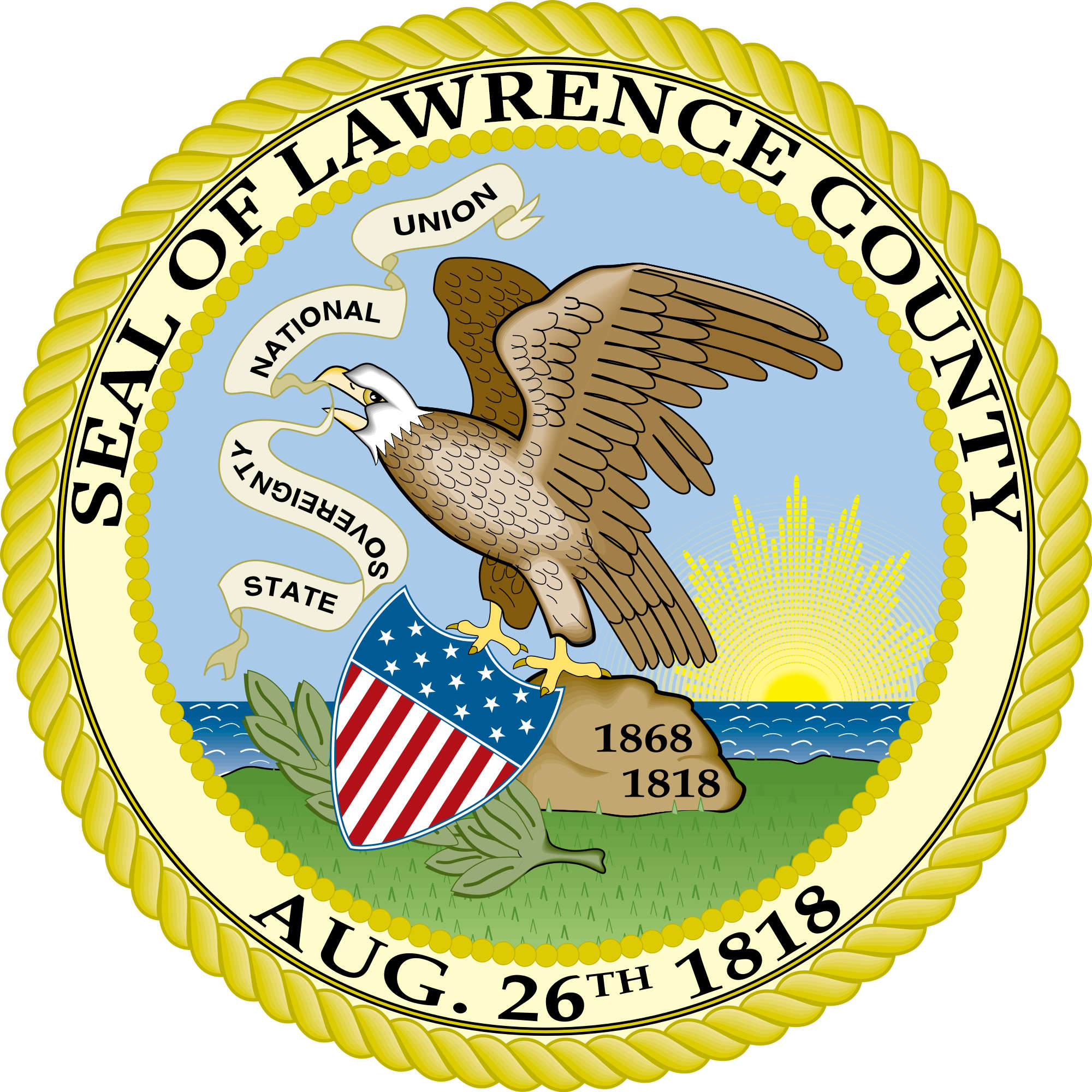
Tuesday, Senator Braun, Ranking Member of the Senate Special Committee on Aging, introduced four bills highlighting his priorities for the Older Americans Act (OAA) reauthorization.
These bills address long-term care programs, nutrition programs, national resource centers, and disease prevention and wellness programs for seniors. The OAA was last reauthorized in 2020 and will expire on September 30, 2024.
“Every American deserves to live their golden years with dignity and respect. The priorities I have introduced for the Older Americans Act reauthorization ensure essential services are delivered efficiently for older Americans so they can continue to lead healthy, productive, and meaningful lives independently or in care homes.” — Senator Braun
Senator Braun introduced the following bills:
The Long-Term Care Transparency Act with Senator Bob Casey, Chairman of the Senate Special Committee on Aging, aims to increase transparency by requiring the Administration on Aging to collect and report findings by States’ Long-Term Care (LTC) Ombudsman programs to Congress. States’ LTC Ombudsman programs resolve problems related to the health, safety, welfare, and rights of people living in nursing homes, assisted living facilities, and other residential care settings.
“Long-term care ombudsmen provide an essential service, ensuring that nursing homes, assisted living facilities, and other residential care communities are providing quality care for older adults and people with disabilities. Congress has an obligation to empower these workers and provide them with the resources they need to keep our seniors safe. This new bipartisan bill will give Congress more information about the needs of long-term care ombudsmen around the Nation, allowing us to assess their needs and help them do their jobs.”—Senator Bob Casey (D-PA)
Endorsements: National Association of State Ombudsman Programs, Elder Justice Coalition, ADvancing States, and National Council on Aging
2. The Innovative Nutrition for Seniors Act with Senator Gary Peters would increase local flexibility to improve the reach of nutrition services under OAA.
Endorsements: National Association of Nutrition and Aging Services Programs, Academy of Nutrition and Dietetics, and National Council of Aging
3. The Evidence-Informed Health Promotion Act would allow health and wellness programs to be evidence-informed to expand the reach of services, particularly for seniors living in rural areas.
Endorsements: USAging, ADvancing States, and National Council of Aging
4. The Senior Center Transparency Act aims to increase transparency and give policymakers more information on how resource centers are serving older Americans.


 Mt. Carmel man killed in train incident
Mt. Carmel man killed in train incident
 Strong storms roll through region
Strong storms roll through region
 GSH approves 2026 budget
GSH approves 2026 budget
 Sumner boil order ends, trash pickup delayed
Sumner boil order ends, trash pickup delayed
 IDNR revises waterfowl zone
IDNR revises waterfowl zone
 Two Lawrence County men charged
Two Lawrence County men charged
 2026 Miss Illinois County Fair Pageant coming in January
2026 Miss Illinois County Fair Pageant coming in January
 Unit #20 Board hears about heat and new athletic facility proposal
Unit #20 Board hears about heat and new athletic facility proposal
 Indiana's state parks offer New Years Day events
Indiana's state parks offer New Years Day events
 Parkview hosts annual school spelling bee
Parkview hosts annual school spelling bee
 Crawford County man charged with sex crimes
Crawford County man charged with sex crimes
 Voter registration underway in Lawrence County
Voter registration underway in Lawrence County
 DNR receives regional award for project on former mine land near Pleasantville
DNR receives regional award for project on former mine land near Pleasantville
 Unit #10 Board hosts project open house
Unit #10 Board hosts project open house
 County to assist in Sumner street improvements
County to assist in Sumner street improvements
 BMV announces Christmas and New Year's Day holiday hours
BMV announces Christmas and New Year's Day holiday hours
 Bridgeport boil order lifted
Bridgeport boil order lifted




